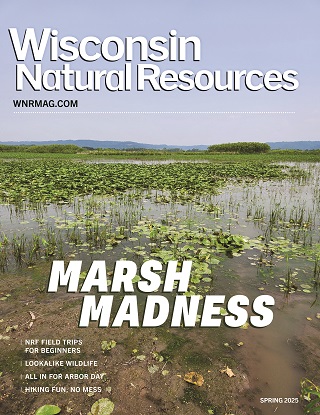Contact: Kevin Kirsch, DNR Water Resources Engineer
Kevin.Kirsch@wisconsin.gov or 608-571-9227
EPA Approves Total Maximum Daily Load Study For Northeast Lakeshore Of Wisconsin
MADISON, Wis. – The Wisconsin Department of Natural Resources (DNR) today announced that the United States Environmental Protection Agency (EPA) approved the Northeast Lakeshore Total Maximum Daily Loads for Total Phosphorus and Total Suspended Solids study. The DNR was authorized to begin implementation on Oct. 30, 2023.
Following Wis. Stats. 281.145, the DNR was directed to develop a watershed study to reduce the amount of nutrients entering waters within the Lake Michigan watershed from just south of Sturgeon Bay to Port Washington and reaching west toward Lake Winnebago. The multi-year study received state funding and EPA contractor support.
"CADMUS, an EPA-funded contractor, developed a detailed watershed model that allowed us to evaluate nutrient dynamics and develop a plan to move forward," said Kevin Kirsch, a DNR water resources engineer who co-managed the development effort.
The total maximum daily load summarizes the amount of phosphorus run-off from agricultural sources a watershed can handle without negative impacts. The DNR created this plan through commonly used implementation methods such as Wisconsin's nutrient management software, SnapPlus.
"This analysis shows that with comprehensive management measures and strategic deployment of resources, water quality standards can be met. The DNR will work with partners throughout the basin to provide the support they need to implement management measures," said Adrian Stocks, director of the DNR's Water Quality Bureau.
With the EPA's approval, the DNR will now begin collaboration with partners to implement efforts toward meeting the goals outlined in the study.
"The total maximum daily load has brought additional focus to ongoing conservation efforts and conversations about what is working and what can be improved," said Keith Marquardt, DNR water resources specialist, who co-managed the development effort.
Copies of the total maximum daily load study and supporting information can be found on the DNR's website.

